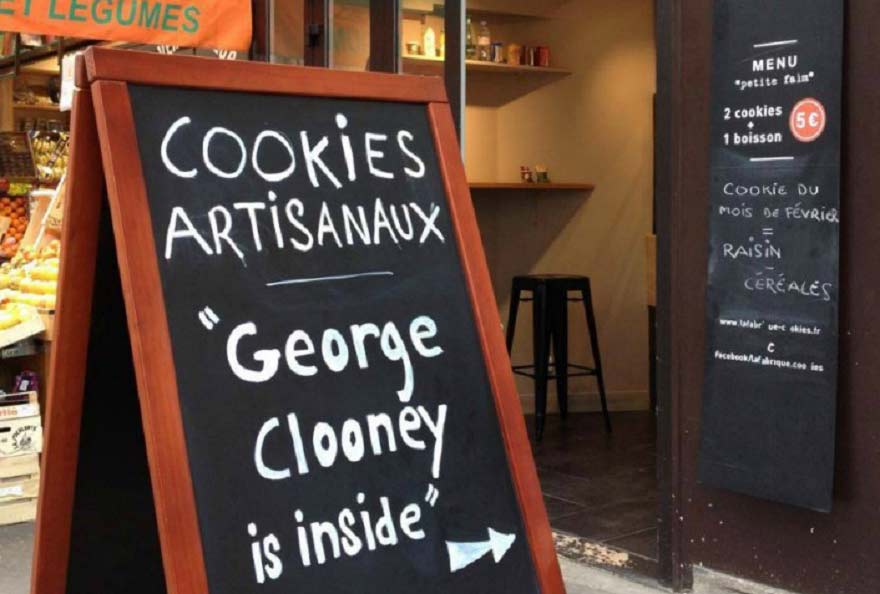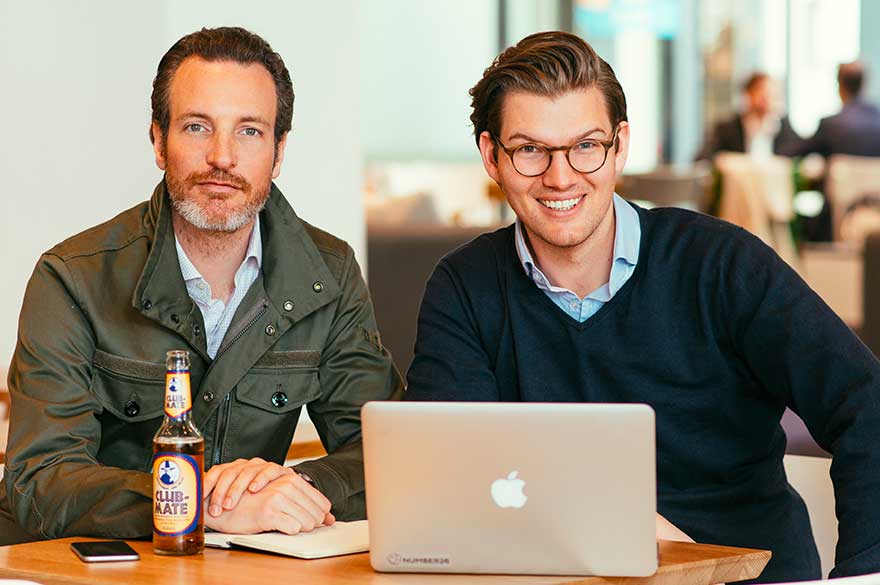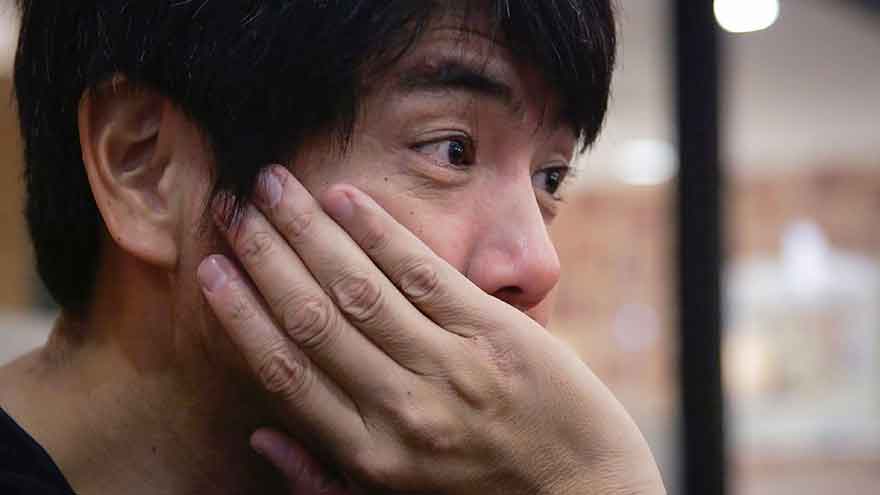Lever 1: The democratized made-to-measure: total product customization

Lever 2: Rarity: distinguishing the consumer, valuing him or her

Lever 3: Use vs. Possession: satisfying a need more than a desire

Lever 4: Humanisation: an increasingly strong attachment to human relations and conviviality

Lever 5: Specialization: mastering skills and the manufacturing process of a product

Lever 6: The principle of playfulness

Lever 7: Design: need for space, combined with modernity

Lever 8: Discovering a universe: an aspirational lever that touches on dreams, travel and, more broadly, the imagination.

Lever 9: Good conscience: ethical consumption - doing the right thing while consuming

Lever 10: Back to basics: regionalism and authenticity

In conclusion...













